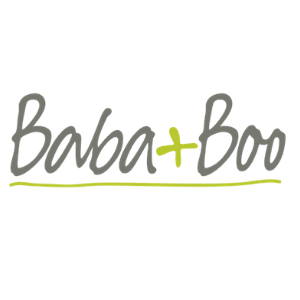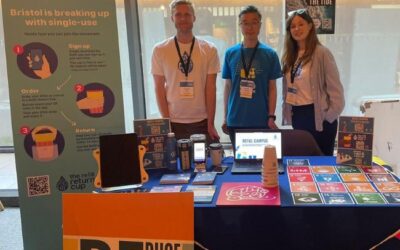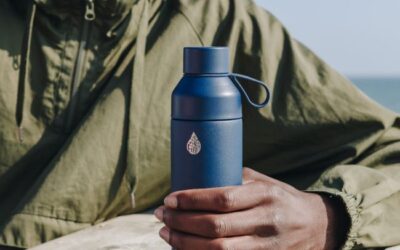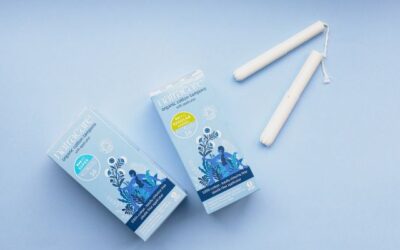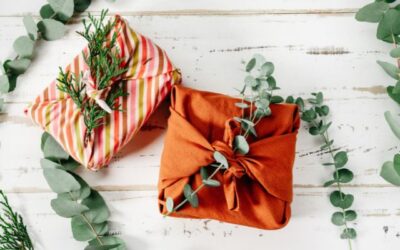Plastic-free parenting
Your guide to plastic-free parenting
Caring for children can bring a whole new set of plastic pitfalls into your life. The good news is, there are easy alternatives that can help you with plastic-free parenting, saving you cash, so you can be kind to our planet and to your pocket.
BABY BASICS
Borrow or buy second-hand
Babies need a huge amount of kit – although not half as much as the adverts will have you believe. From buggies and bouncers to bath seats and highchairs, there’s a lot that can make your life as a parent easier. But most of this is made from plastic, and only used for a few weeks or months. Plastic-free parenting is about borrowing from friends. Or buying pre-loved online will save you heaps of money and prevent your baby’s tiny tootsies from making a huge plastic footprint. When you no longer need all this stuff, you can sell or pass it on or give it to a local baby bank.

Choose a reusable nappy
Disposable nappies and wipes contain huge amounts of plastic. Every year in the UK, 3 billion nappies are thrown away! With around 5,000 nappy changes before the average baby is potty-trained, investing in a set of reusable nappies and wipes is good for your bank balance and the planet. If you feel daunted by switching completely to reusable nappies, try starting by using them around the house. Even a small move like this can save thousands of nappies going to landfill! Check out our blog on reusable nappies to find out more.
Don’t believe the wipe!
Disposable baby wipes are a HUGE problem in the UK. Parents mistakenly think that they can flush them down the toilet, (don’t!!) where they are the main cause of sewer blockages, creating giant stinking fatbergs and marine pollution.
Check out more on the issue of wipes and the unflushables.
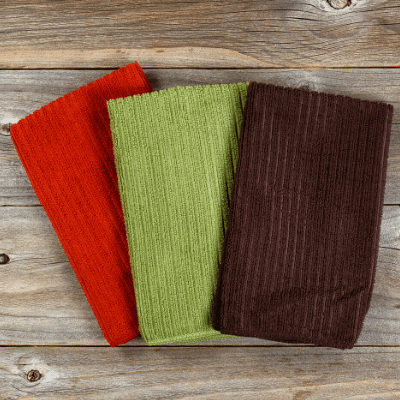
Feeding hungry Children

Snacks
If you have time, make your own food and snacks from scratch. This cuts down on packaging, plus you have peace of mind from knowing exactly what your kids are eating. For inspiration and nutritional info, hit the internet or the library & borrow some recipe books for weaning and beyond.
Buy loose or buy in bulk.
Feeding hungry children means you will be spending more on food. This means it is even more important to try to cut out plastics from your shop. Try a zero-waste shop if you have one near you or consider ordering a box scheme that comes without pointless packaging. You could even get together with friends locally to form a buying cooperative with wholesalers such as Suma to buy your staples in bulk, with less packaging.
Choose reusable food pouches and pots
Pouches and individual snack packs are super convenient when you’re out and about, but difficult to recycle. They’re made up of different layers of plastic that can’t be separated by waste management facilities meaning they are not recyclable, so the pouches end up in landfills or worse, the oceans. You can buy washable and reusable pouches to fill with your own purees or yoghurt and save and reuse small jars or pots to take snack portions of fruit, veg, cheese, rice cakes – whatever your little one fancies – out and about.
Clothing
Hands up for hand-me-downs
The clothing industry has a huge environmental footprint, not only from the production of the clothes themselves but also the processing, packaging and transport involved. Kids grow out of clothes so quickly that buying from new cost parents and the planet dearly. Say yes to offers of hand-me-downs, check charity shops regularly and keep an eye out on buying and selling groups for bargain bundles.
Keep it natural
Synthetic fabrics such as acrylic, polyester and nylon are made from fossil fuels and are now known to be a major source of microplastic pollution. The small fibres released when they are washed, make their way through watercourses and into the ocean. Where possible choose natural fabrics and only wash clothes when they really need it.
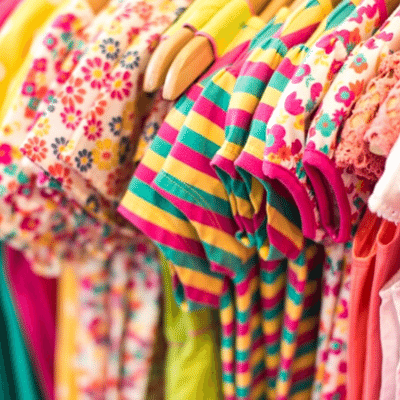
Get crafty with costumes
Ok, so not everyone has the time or inclination to rustle up hand-stitched creations every time World Book Day or Halloween comes around. But it is possible to resist the allure of cheap, synthetic single-use costumes – look around your home to see what can be imaginatively re-purposed and get the children involved in a craft session, or ask around friends with children to see what you can swap or borrow.
Terrible toys

Beware ‘pester power’ marketing
Any shelf of magazines for kids will be plastered with giveaway plastic toys, typically used for 5 minutes before being thrown away to become yet more plastic waste. A poll by the British Heart Foundation found that more than a quarter of parents admit to throwing away toys that are in perfect working order.
Get creative
You can find a huge range of ethical, beautiful and plastic-free toys from specialist retailers such as Babipur. But you don’t have to spend lots to have fun at playtime: raid your recycling bin for cardboard boxes and tubes for junk modelling or have fun outside gathering pinecones and sticks or setting up your own mud kitchen. Avoid buying any plastic toys such as Lego new, look for reuse options like second-hand sellers or toy libraries.
Spread the word
When birthdays or Christmas come around, children can be deluged with plastic toys from well-meaning friends and relatives despite your best efforts. Talk with them in advance to explain that as a family you are trying to avoid plastic and suggest alternatives that your kids will love.
Travelling with kids
Get ready to Refill
Take reusable bottles for all the family to Refill on the go when you’re travelling. The free Refill app lists thousands of refill stations where you can top up.
Pack with surprises
Having a small bag of novel activities really helps to keep everyone entertained on a long journey. To keep it plastic-free choose colouring books and pencils, story and sticker books, and borrow (or buy at a charity shop) a few small toys and puzzles that your little ones haven’t played with before.

Plan your pitstops
Options for eating and drinking on the go often include single-use plastic packaging and plastic toy giveaways from fast-food chains. Think ahead about what will be available where you stop, and pack your own food and snacks if you can to save pennies and plastic.
SHARE YOUR #PLASTICFREEPARENTING TIPS
Got a hot tip that we’ve missed? Share it with us on social media. We want to hear from you – what works and what couldn’t you do without? Check out our top tips for living with less plastic. Or, find out how to support our campaign.
Plastic Free University
As a new or even returning student, choose reuse and do your bit for the planet, and even save some pennies while you’re at it!
Break up with Single-Use for Plastic Free July
This Plastic-Free July, we’ve pulled together 10 simple swaps you can do today to reduce the amount of single-use plastic in your life.
Planet-Friendly Periods with Natracare
Planet-friendly periods with NatracareLet’s #BeKind to our bodies and the planet A bloody good period for everyone. Here at City to Sea, we’re committed to ensuring everyone has a bloody good period. Since 2017, through our Plastic-Free Periods campaign, we’ve been...
Plastic-Free Easter
Here are our top tips to make it an eco-friendly egg-stravaganza and avoid the unnecessary plastic, and enjoy a plastic-free Easter.
Plastic-Free Festivals
In recent years we’ve seen festivals taking steps to be more sustainable and reduce the amount of waste – from banning glitter to implementing returnable cup schemes, it’s great to see so many festival organisers finding innovative ways to reduce the impact on the planet whilst still delivering incredible event.
How to Save Money, Save Plastic and Save Christmas
Christmas can mean spending money and buying too much plastic. We’re bringing you top tips to save money, save plastic and save Christmas.




